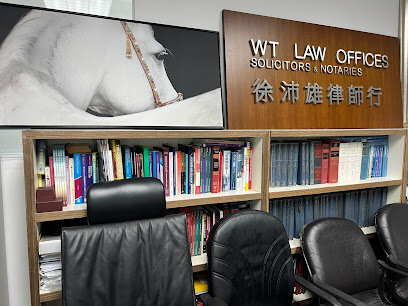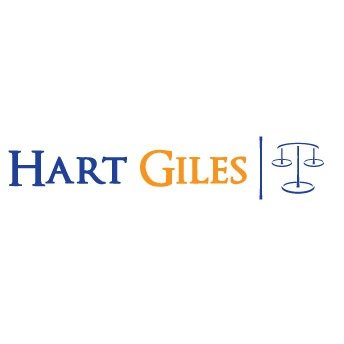Best Retirement Lawyers in Central
Share your needs with us, get contacted by law firms.
Free. Takes 2 min.
List of the best lawyers in Central, Hong Kong
About Retirement Law in Central, Hong Kong
Retirement law in Central, Hong Kong, falls under the broad scope of labor and employment law. The key regulation in this jurisdiction is the Mandatory Provident Fund (MPF) system, a compulsory saving scheme for the retirement of residents. Additionally, laws regarding age discrimination, redundancies, and pension funds are also crucial to understanding and navigating retirement in Hong Kong. It's essential to note that there is no statutory retirement age, hence the decision to retire is often a personal one.
Why You May Need a Lawyer
While planning for retirement, complex legal issues can arise concerning the MPF, company provident schemes, tax implications, or disputes regarding pension or other retirement benefits. An experienced lawyer can provide reliable legal advice and ensure that all regulatory requirements are met. Senior citizens may also require legal assistance when it comes to age discrimination in employment, unfair dismissal, or negotiating retirement packages. Legal advice can be vital in securing a comfortable retirement.
Local Laws Overview
The primary law governing retirement in Central, Hong Kong, is the Mandatory Provident Fund Schemes Ordinance. Under this law, both employers and employees are required to contribute to an MPF scheme. Other relevant laws include the Employment Ordinance, which provides some level of protection against unreasonable dismissal, and the Discrimination Ordinance, which aims to prevent age-based discrimination in employment.
Frequently Asked Questions
1. At what age can I retire in Central, Hong Kong?
In Central, Hong Kong, there's no statutory retirement age. The decision to retire depends on individual circumstances, employment contracts and company policies.
2. What is the Mandatory Provident Fund?
The Mandatory Provident Fund is a compulsory pension fund for Hong Kong residents. Both employers and employees are legally obligated to contribute to this fund.
3. Can I be forced to retire due to my age?
Under the Anti-Discrimination law, it is illegal to force an employee to retire due to age. However, Employment Contracts and company policies can have contractual retirement ages which are usually accepted.
4. What happens if my employer doesn't contribute to the MPF?
Employers are legally obligated to make contributions to the MPF. Failing to do so can result in fines and legal consequences. If your employer is not contributing, you can lodge a complaint with the MPF Schemes Authority.
5. Can I access my MPF before I retire?
Under exceptional circumstances, early withdrawal from your MPF before the age of 65 might be possible - for example, in cases of early retirement, permanent departure from Hong Kong, or serious ill health.
Additional Resources
Contact the MPF Schemes Authority for matters related to the MPF. The Equal Opportunities Commission can assist with age discrimination issues. Also, the Labour Department provides valuable information on various labor laws, including employment and retirement.
Next Steps
If you need legal assistance regarding retirement in Central, Hong Kong, the first step is often to consult with a lawyer specializing in labor and employment law. They will guide you through the complexities of retirement law to ensure that your rights and interests are protected.
Lawzana helps you find the best lawyers and law firms in Central through a curated and pre-screened list of qualified legal professionals. Our platform offers rankings and detailed profiles of attorneys and law firms, allowing you to compare based on practice areas, including Retirement, experience, and client feedback.
Each profile includes a description of the firm's areas of practice, client reviews, team members and partners, year of establishment, spoken languages, office locations, contact information, social media presence, and any published articles or resources. Most firms on our platform speak English and are experienced in both local and international legal matters.
Get a quote from top-rated law firms in Central, Hong Kong — quickly, securely, and without unnecessary hassle.
Disclaimer:
The information provided on this page is for general informational purposes only and does not constitute legal advice. While we strive to ensure the accuracy and relevance of the content, legal information may change over time, and interpretations of the law can vary. You should always consult with a qualified legal professional for advice specific to your situation.
We disclaim all liability for actions taken or not taken based on the content of this page. If you believe any information is incorrect or outdated, please contact us, and we will review and update it where appropriate.















